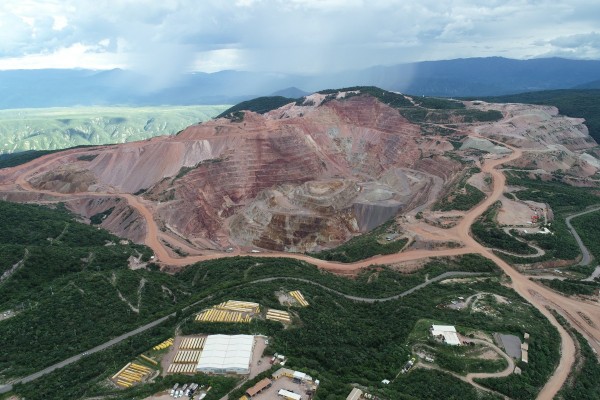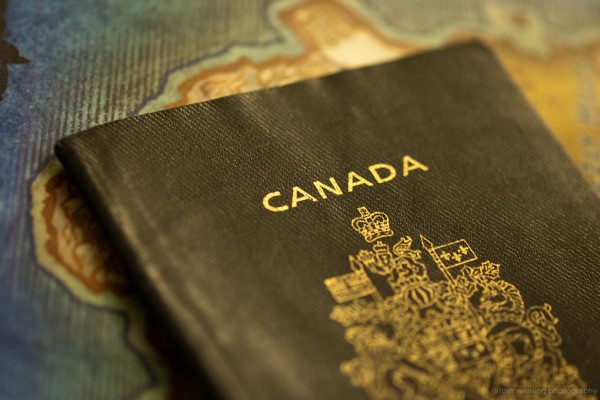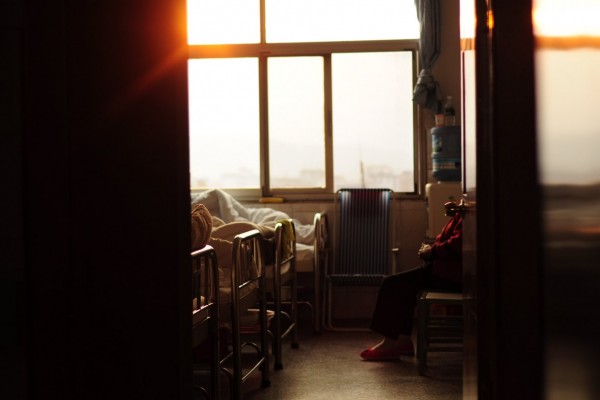Why the response to COVID-19 should include universal basic income
The time for UBI is now

Leaflet-sized version of a poster unveiled in Geneva, Switzerland by Generation Grundeinkommen (Generation Basic Income) in May, 2016. Photo by Julien Gregorio/Flickr.
We already know capitalism is failing in the face of COVID-19; it has been failing for generations. The latest crisis simply elucidates this fact. Canadians have been signaling their impending plight–ranging from unemployment, to mounting debt, to accessing essential services.
Meanwhile, bailouts are the talk of the town. The Alberta energy sector is asking for one, while the provincial government led by Jason Kenney decided a multi-billion dollar investment was a prudent economic decision to keep the dream of the Keystone XL pipeline alive. One must wonder if he is aware that the value of Alberta WCS oil is less than that of a barrel of monkeys.
From airlines, to cruise lines, to auto-makers, to Bombardier and banks, it seems as though most major corporations or capitalist institutions beg for bailouts when times are tough. It is remarkably ironic how often these groups demand governments to keep their meddling hands out of the private sector and reduce regulation, and yet when the slightest crisis hits, they come begging for state intervention. How very laissez-faire of them.
Besides, what does a bailout do, anyway? Well, other than finance huge bonuses for corporate executives, they only serve to consolidate wealth, power and control into fewer and fewer hands. Thanks to neoliberal capitalism we have legalized corporate personage, which means that the hands these resources fall into aren’t even people at all. Instead, faceless corporate bodies and legions of investor conglomerates reap record profits while real human beings who create and run the economy suffer. Even Kevin O’Leary and the Fraser Institute say that bailouts don’t work (please note this landmark moment where for the first time in history, we have agreed with Kevin O’Leary or the Fraser Institute).
Perhaps we could all chip in to buy politicians and senior decision makers the latest copy of Mankiw’s Macroeconomics. It is the single most prevalent introductory textbook on economics for undergraduate students in the Western world; I am sure a reminder of the basic principles of macroeconomics would be useful in this trying time. These mega-corporations could always follow Mankiw’s rules, and simply exit the market when they fail and allow innovative, successful businesses to take over—as capitalism is supposed to work (in theory). Perhaps we should remember that those who suffer are not companies, but Canadians: the people who allow those very companies to run and function. It is those workers who are in need of assistance, not companies.
This is not to say that the Government of Canada is ignoring ordinary Canadians. The Canada Emergency Response Benefit (CERB) has launched, providing up to $2,000 a month for up to four months for those whose employment and income has been effected by COVID-19. Kudos for that, but will this really make a substantial difference? We have even followed in Denmark’s steps, paying up to 75 percent of employees’ salaries. But why stop at half measures? These solutions are only temporary stopgaps. They will only tide us over until the economy recovers, which, according to Ontario’s recent modelling, could be two years away.
We may not have two years to recover. COVID-19 is now a part of our daily lives, at least until a vaccine is found (if that is even possible). From polio in Canada in the 1950s to HIV/AIDS, to Spanish Flu, to the Black Death, history is rife with pandemics. These events are only going to come more often due to globalization and climate change. They will become part of the larger pattern of our civilizations, like the ongoing effects of global warming. Therefore, our response cannot be a one-off event, and it certainly must not rely upon only stopgap measures. What type of response could fit the bill?
This is where universal basic income (UBI) enters the picture. Remember that promising idea Ontario Premier Doug Ford axed only weeks after his election? Instead of giving thousands of dollars to Canadians in the form of loans—which they may never be able to repay—perhaps we could move to an entirely new paradigm? This is not a revolutionary concept. Spain recently announced that it will be launching UBI; and not just for COVID-19, but as a lasting and permanent measure.
With a UBI, Canadians out of work due to the pandemic would not be nervous about their prospects, knowing that their basic needs would be met. Small businesses could close temporarily, knowing their employees will be taken care of, and able to return to work when possible. Rents would be paid, groceries bought and consumed, expenses managed, and debts handled. Life would go on–certainly with some trepidation and uncertainty, but Canadians would never fear losing their homes, being unable to feed their families, or feel terrified of needing to put themselves in vulnerable working conditions in the midst of a crisis.
What would this look like? Well, the CERB is $2,000 per month—lets start with that. UBI should cover the costs of the basics of life: rent, groceries, transportation (say a bus pass), and clothing. This is not going to pay for a fancy condo in downtown Toronto and the lease on your new Volvo; that’s not the point. UBI should cover the basic costs of living, so people have the opportunity to seek out jobs, to educate themselves, and to manage the disturbances that invariably come to all of our lives, such as the next pandemic that will inevitably shock the planet.
There would need to be other considerations as well. For instance, UBI should be available to all Canadians and permanent residents without requiring an application. Those who are incarcerated should not be eligible for the duration of their sentence, nor should those not residing in Canada (unless deployed overseas via the military or another government organization). Indigenous peoples should be given priority in the rollout of such a program; certainly we owe them that much for having stolen generations of their land, and in many cases their livelihoods, dignity and health.
Of course, we would need to pay for this, and it will not be cheap. Perhaps we could consider closing tax loopholes which cost the Canadian government billions of dollars in lost revenues each year. Maybe it is time to bring those found in the Panama Papers and Paradise Papers to justice, along with their ill-gotten gains. Surely we could afford to start taxing digital giants like Facebook and Amazon who reap exorbitant profits, while running afoul of anti-trust laws, violating employees rights, and meddling in our elections.
There will be naysayers, just as there were doubters when Canada was preparing to adopt universal healthcare. A UBI will not be perfect, and standing alone it is not a panacea–what government program is? It will need to be adjusted as our economy and society shift and adapt over time, embodying a responsiveness that has been missing from policymaking of late. Sure, some may come to abuse the system, but maybe, just maybe, it is time to completely rethink our economic model and what is possible. Perhaps it is Canada’s time to take the lead, to preserve our productive potential while distributing the spoils among all. The time for universal basic income is now.
John Rose is an environmental activist, policy professional and social justice campaigner.










